Home>Home Appliances>Laundry Appliances>Why Is My Washing Machine Making A Loud Noise
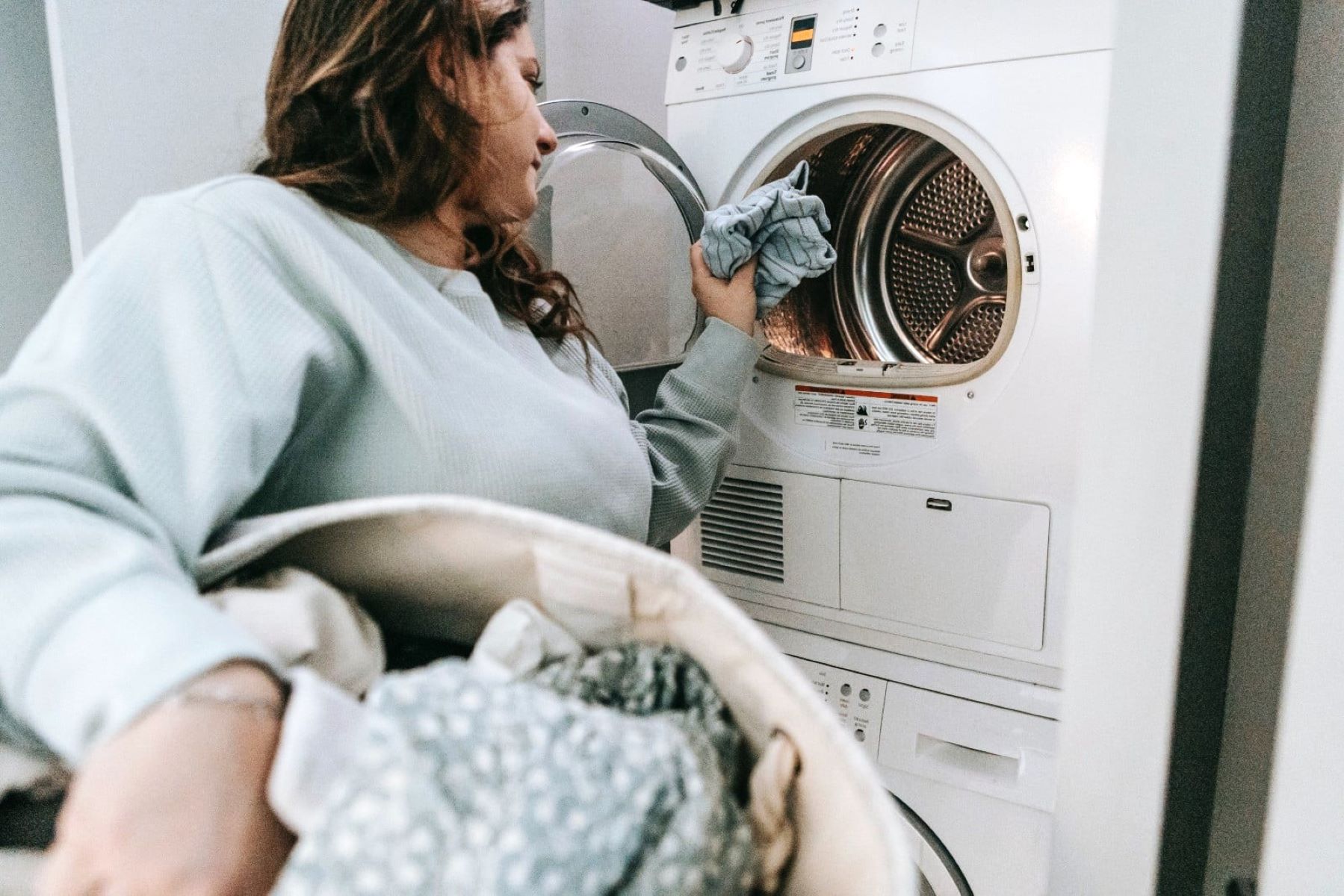

Laundry Appliances
Why Is My Washing Machine Making A Loud Noise
Modified: March 19, 2024
Discover the reasons why your laundry appliances are making loud noises and learn how to troubleshoot the issue. Keep your washing machine running smoothly with our expert tips.
(Many of the links in this article redirect to a specific reviewed product. Your purchase of these products through affiliate links helps to generate commission for Storables.com, at no extra cost. Learn more)
Common Reasons for Loud Noises in Washing Machines
Washing machines are essential appliances in modern households, but when they start making loud and unusual noises, it can be quite alarming. Understanding the common reasons behind these noises can help you diagnose the issue and take appropriate action. Here are some of the most prevalent causes of loud washing machine noises:
-
Unbalanced Load: One of the primary reasons for a noisy washing machine is an unbalanced load. When the laundry is unevenly distributed inside the drum, the machine can become imbalanced during the spin cycle, leading to loud thumping or banging sounds.
-
Worn Out or Faulty Bearings: Over time, the bearings in the washing machine's drum can wear out, leading to a loud rumbling or roaring noise during the spin cycle. This is a common issue in older machines and may require professional intervention to replace the worn-out bearings.
-
Loose or Worn Drive Pulley: The drive pulley, which helps rotate the drum during the wash and spin cycles, can become loose or worn out, resulting in a loud squealing or knocking noise. Regular wear and tear can contribute to this issue, necessitating the inspection and potential replacement of the drive pulley.
-
Damaged Shock Absorbers: Washing machines are equipped with shock absorbers to minimize vibrations during operation. If these shock absorbers become damaged or worn out, the machine may produce excessive noise, particularly during the spin cycle.
-
Foreign Objects: Small items such as coins, buttons, or debris left in pockets can make their way into the drum's baffles or the pump, causing rattling or clanking noises during operation.
-
Worn Out Belt: In older top-loading washing machines, a worn-out or damaged belt can lead to loud squealing or screeching noises during the wash or spin cycle. Inspecting and replacing the belt can resolve this issue.
Understanding these common reasons for loud noises in washing machines can empower you to troubleshoot the source of the problem and take appropriate measures to address it. In the following sections, we will delve into the process of troubleshooting and fixing these issues to restore your washing machine to its optimal, quiet operation.
Key Takeaways:
- Don’t ignore loud washing machine noises! Unbalanced loads, worn-out bearings, and foreign objects can cause disruptions. Regular maintenance and balanced loads can prevent future issues for a peaceful laundry experience.
- Troubleshoot and fix noisy washing machines by checking load distribution, inspecting bearings, and removing foreign objects. Timely repairs and proper maintenance can restore quiet operation and prolong the machine’s lifespan.
Read more: Lg Washer Making Loud Noise When Spinning
Troubleshooting the Source of the Noise
When your washing machine starts emitting loud and unsettling noises, it's crucial to identify the source of the problem to effectively address it. Here's a step-by-step guide to troubleshooting the source of the noise:
1. Load Distribution Check
Start by ensuring that the laundry load is evenly distributed inside the drum. An unbalanced load is a common culprit for disruptive noises during the spin cycle. Rearranging the items can help distribute the weight more evenly, potentially resolving the issue.
2. Drum Bearings Inspection
If the noise persists, the next step is to inspect the drum bearings. This involves manually rotating the drum to check for any unusual resistance or roughness, which could indicate worn-out bearings. If the bearings are indeed the issue, they may need to be replaced by a professional technician.
3. Drive Pulley Examination
Examine the drive pulley for any signs of wear or looseness. A faulty drive pulley can lead to squealing or knocking noises during operation. If any issues are detected, consider seeking professional assistance to address the problem effectively.
4. Shock Absorbers Assessment
Inspect the shock absorbers for any visible damage or wear. Damaged shock absorbers can contribute to excessive vibrations and noise during the spin cycle. If necessary, these components should be replaced to restore the machine's smooth and quiet operation.
5. Foreign Object Removal
Check for any foreign objects, such as coins or debris, that may have become lodged in the drum's baffles or the pump. Removing these obstructions can eliminate rattling or clanking noises, restoring the machine to its normal functioning.
6. Belt Condition Evaluation
For older top-loading washing machines, assess the condition of the belt. A worn-out or damaged belt can result in screeching or squealing noises during the wash or spin cycle. If the belt shows signs of wear, consider replacing it to mitigate the noise issue.
By systematically troubleshooting these potential sources of loud washing machine noises, you can pinpoint the underlying problem and determine the appropriate course of action to rectify it. Identifying and addressing the root cause of the noise is essential for restoring your washing machine to its optimal, quiet performance.
How to Fix a Noisy Washing Machine
Addressing a noisy washing machine involves a systematic approach to rectify the underlying issues causing the disruptive sounds. Here's a comprehensive guide on how to effectively fix a noisy washing machine:
1. Rebalancing the Load
Start by ensuring that the laundry load is evenly distributed inside the drum. An unbalanced load is a common cause of disruptive noises during the spin cycle. By rearranging the items to distribute the weight more evenly, you can potentially resolve the issue without the need for further intervention.
2. Replacing Worn Out Bearings
If the noise persists despite load rebalancing, the next step is to address worn out or faulty drum bearings. This involves seeking professional assistance to replace the worn bearings, as this task requires specialized knowledge and tools. By replacing the worn bearings, you can eliminate the rumbling or roaring noises during the spin cycle, restoring the smooth and quiet operation of the washing machine.
3. Repairing or Replacing the Drive Pulley
Examine the drive pulley for signs of wear or looseness. If issues are detected, consider seeking professional assistance to repair or replace the drive pulley. A faulty drive pulley can lead to squealing or knocking noises during operation. By addressing this component, you can effectively mitigate the noise issue and ensure the proper functioning of the washing machine.
4. Replacing Damaged Shock Absorbers
Inspect the shock absorbers for any visible damage or wear. Damaged shock absorbers can contribute to excessive vibrations and noise during the spin cycle. If necessary, these components should be replaced to restore the machine's smooth and quiet operation. Seeking professional assistance for this task is advisable to ensure the proper installation of new shock absorbers.
Read more: Why Is My Freezer Making A Loud Noise
5. Removing Foreign Objects
Check for any foreign objects, such as coins or debris, that may have become lodged in the drum's baffles or the pump. Removing these obstructions can eliminate rattling or clanking noises, restoring the machine to its normal functioning. This simple yet crucial step can effectively resolve the noise issue without the need for extensive repairs.
6. Replacing Worn Out Belt
For older top-loading washing machines, assess the condition of the belt. A worn-out or damaged belt can result in screeching or squealing noises during the wash or spin cycle. If the belt shows signs of wear, consider replacing it to mitigate the noise issue. Professional assistance may be required for this task to ensure the proper installation of the new belt.
By following these steps and addressing the specific issues contributing to the noisy operation of your washing machine, you can effectively restore it to its optimal, quiet performance. It's important to prioritize safety and seek professional assistance for complex repairs to ensure the proper functioning of the appliance.
Preventing Future Noises in Your Washing Machine
Preventing future noises in your washing machine involves proactive maintenance and care to ensure the smooth and quiet operation of the appliance over time. By implementing the following preventive measures, you can minimize the risk of disruptive noises and prolong the lifespan of your washing machine:
1. Regular Maintenance Checks
Schedule routine maintenance checks for your washing machine to inspect and address any potential issues before they escalate into noisy disruptions. This includes examining the condition of the drum bearings, drive pulley, shock absorbers, and other critical components. By identifying and resolving minor issues early on, you can prevent them from developing into major sources of noise.
2. Balanced Loads
Prioritize the even distribution of laundry loads inside the drum to prevent imbalance-related noises during the spin cycle. Educate household members about the importance of evenly distributing the laundry to minimize strain on the machine and reduce the likelihood of disruptive vibrations and banging sounds.
3. Proper Use of Detergents
Use the appropriate amount and type of detergent to prevent excessive suds and buildup inside the washing machine. Excessive suds can lead to increased strain on the machine during the wash and spin cycles, potentially contributing to noisy operation. Follow the manufacturer's guidelines for detergent usage to maintain optimal washing machine performance.
4. Clearing Pockets and Items
Encourage the habit of checking pockets and removing small items, such as coins, keys, or debris, from clothing before placing them in the washing machine. Foreign objects can inadvertently make their way into the drum's baffles or the pump, causing rattling or clanking noises during operation. By clearing pockets and items before each wash, you can prevent these disruptive noises.
5. Timely Repairs and Replacements
Address any identified issues promptly by seeking professional repairs or replacements for worn-out components. Whether it's replacing a damaged belt, worn bearings, or faulty shock absorbers, timely intervention can prevent the escalation of noise-related problems and ensure the continued quiet operation of your washing machine.
6. Leveling the Machine
Regularly check and adjust the leveling of your washing machine to ensure that it sits evenly on the floor. An unbalanced or tilted machine can lead to excessive vibrations and noise during operation. By maintaining proper leveling, you can minimize the risk of disruptive noises and enhance the overall stability of the appliance.
By incorporating these preventive measures into your washing machine maintenance routine, you can proactively mitigate the risk of future noises and maintain a peaceful laundry environment. Prioritizing regular maintenance, proper usage, and timely interventions can contribute to the prolonged quiet and efficient performance of your washing machine.
Frequently Asked Questions about Why Is My Washing Machine Making A Loud Noise
Was this page helpful?
At Storables.com, we guarantee accurate and reliable information. Our content, validated by Expert Board Contributors, is crafted following stringent Editorial Policies. We're committed to providing you with well-researched, expert-backed insights for all your informational needs.
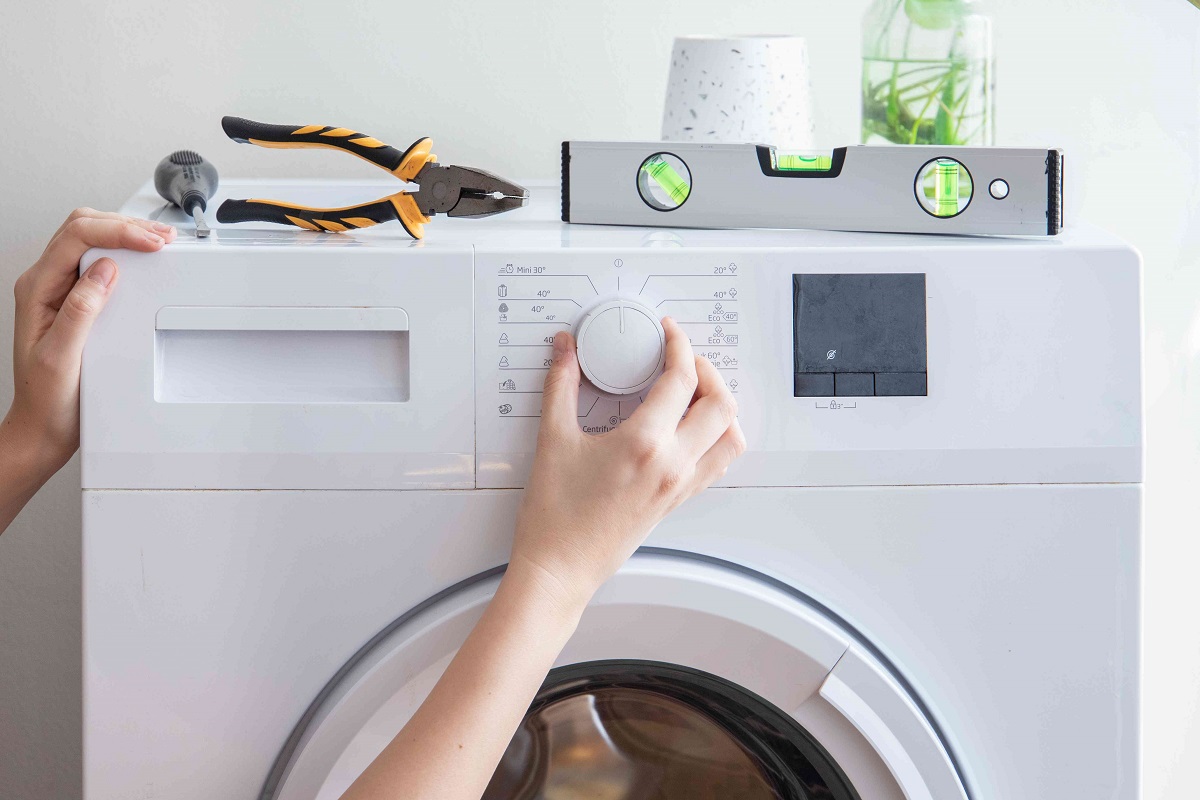
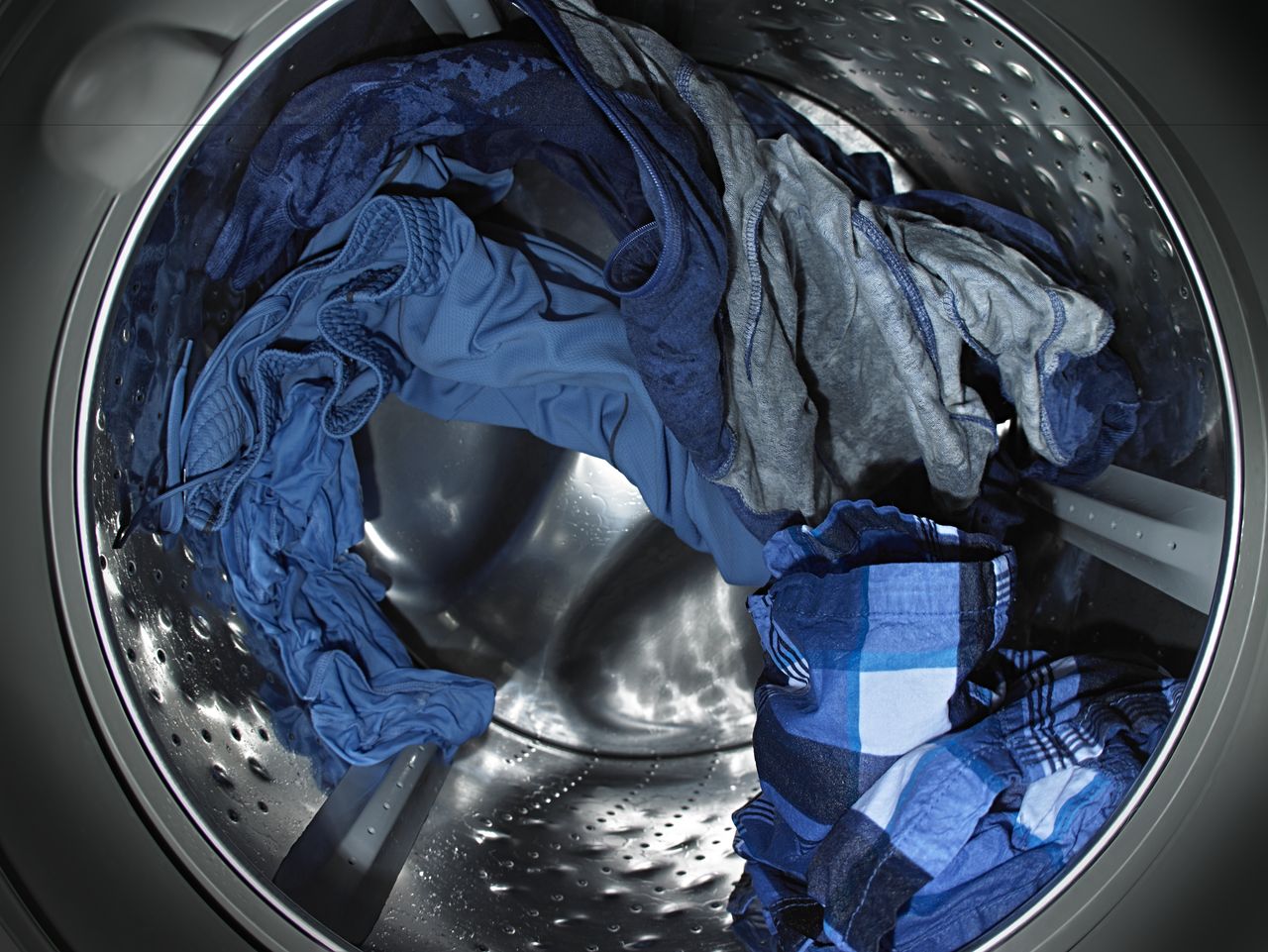
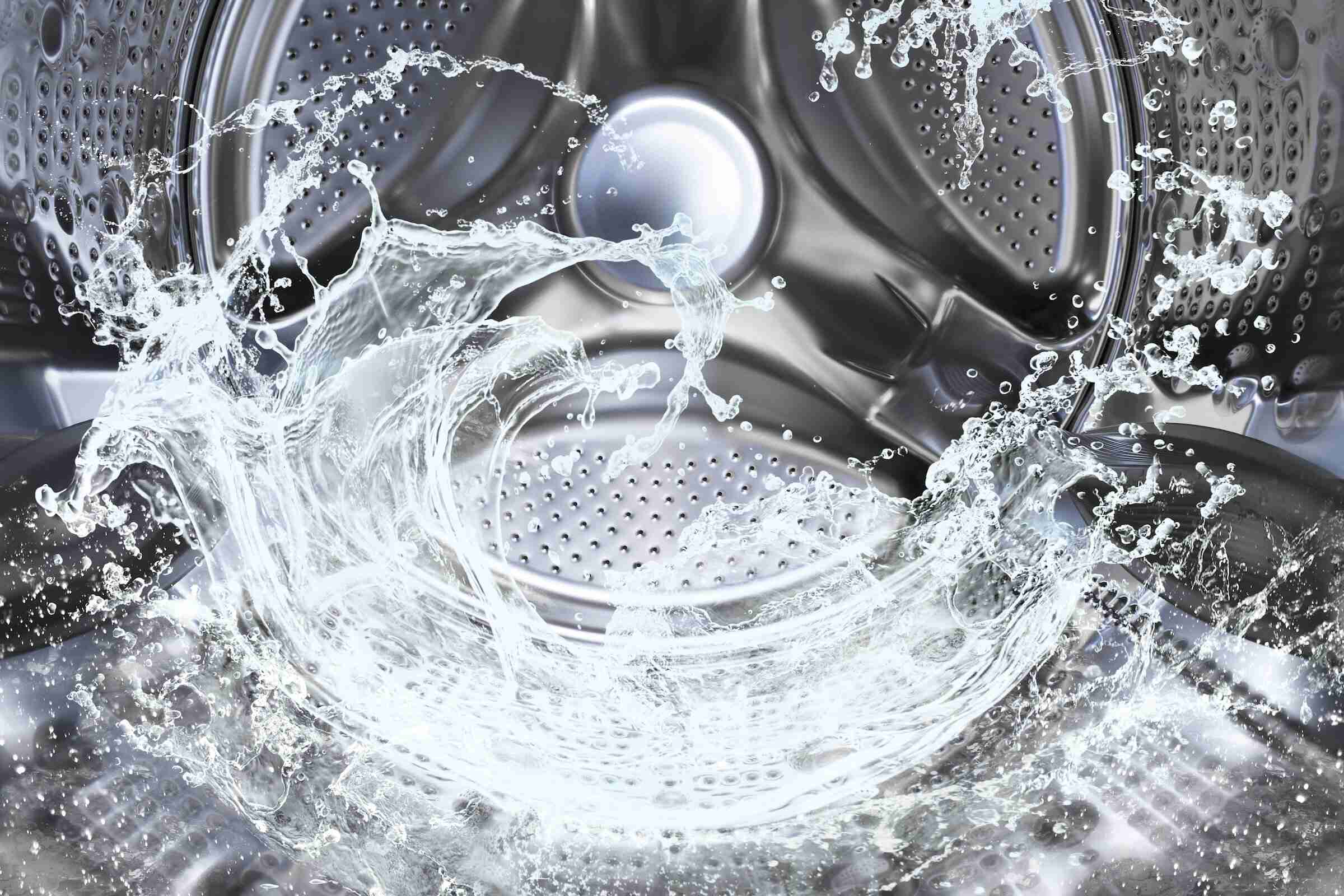
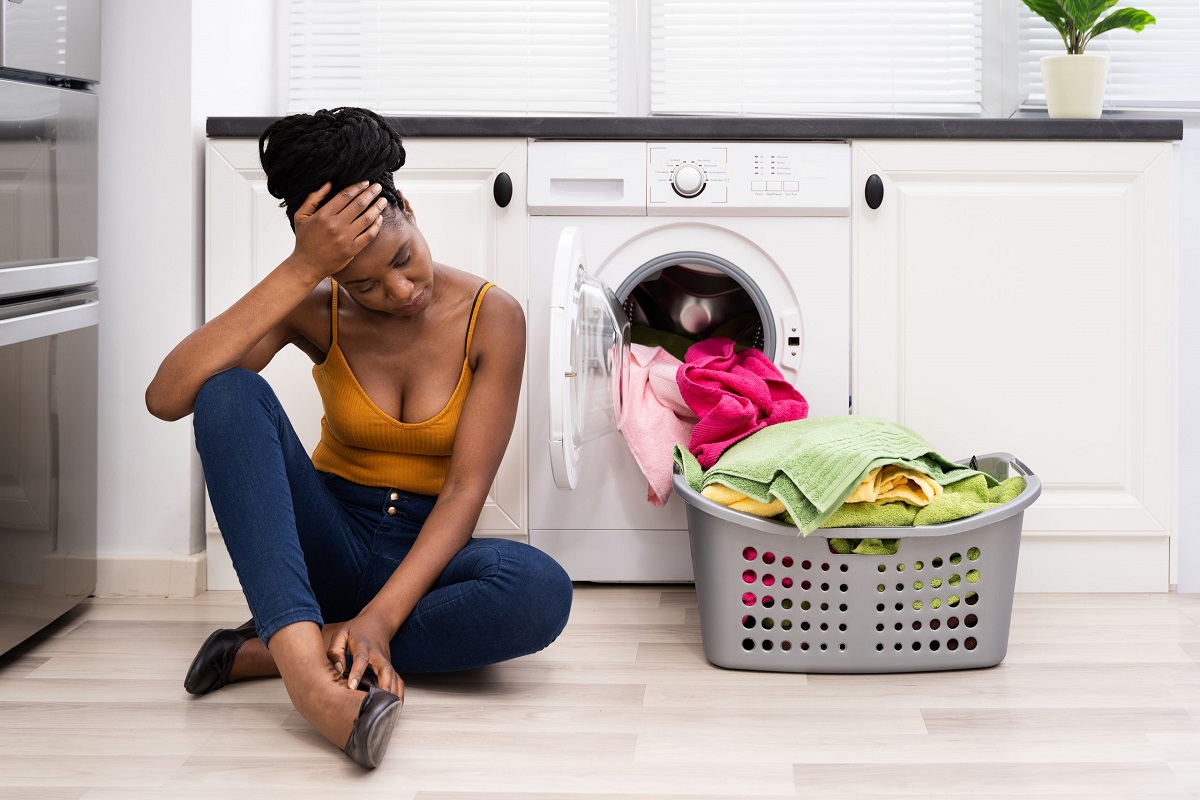
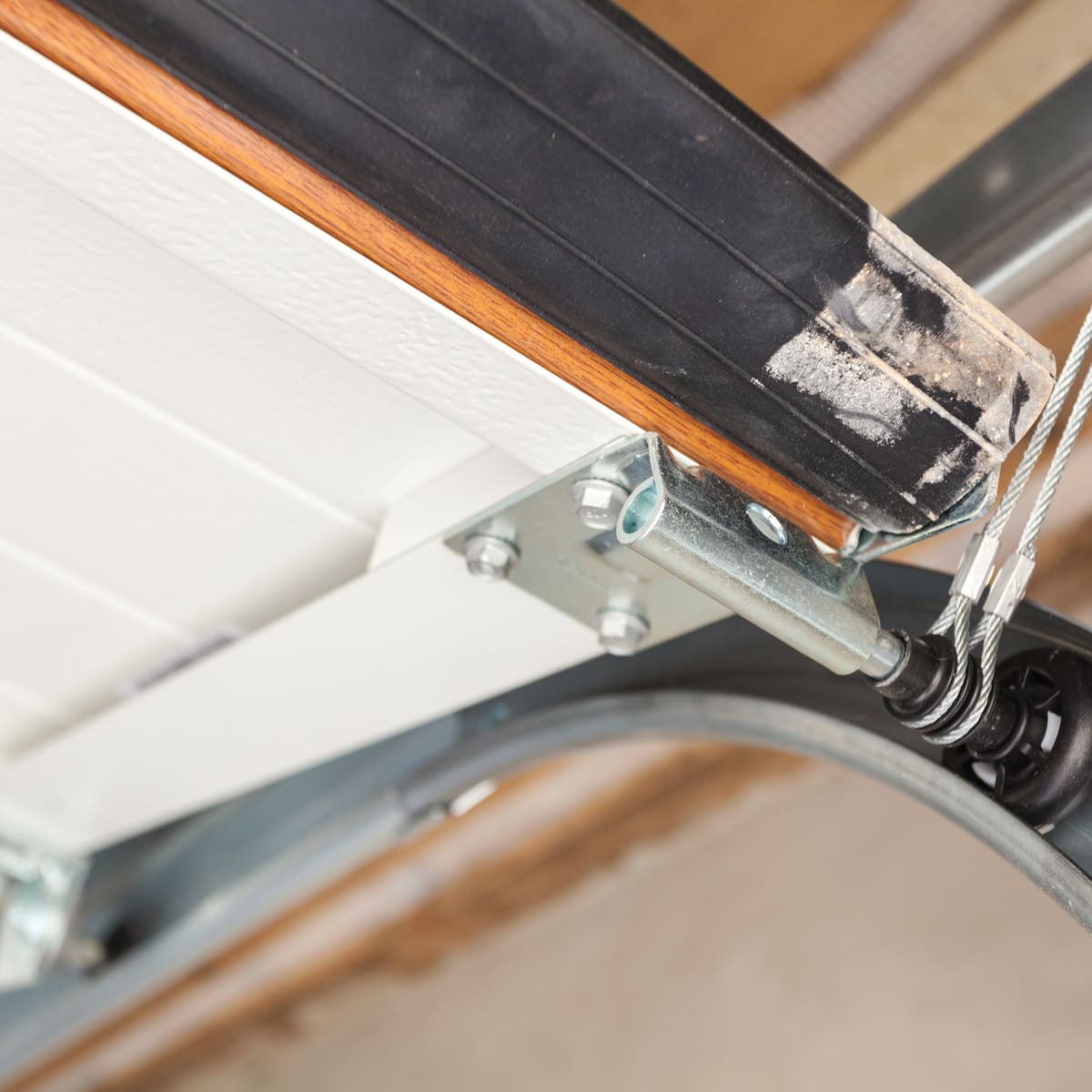
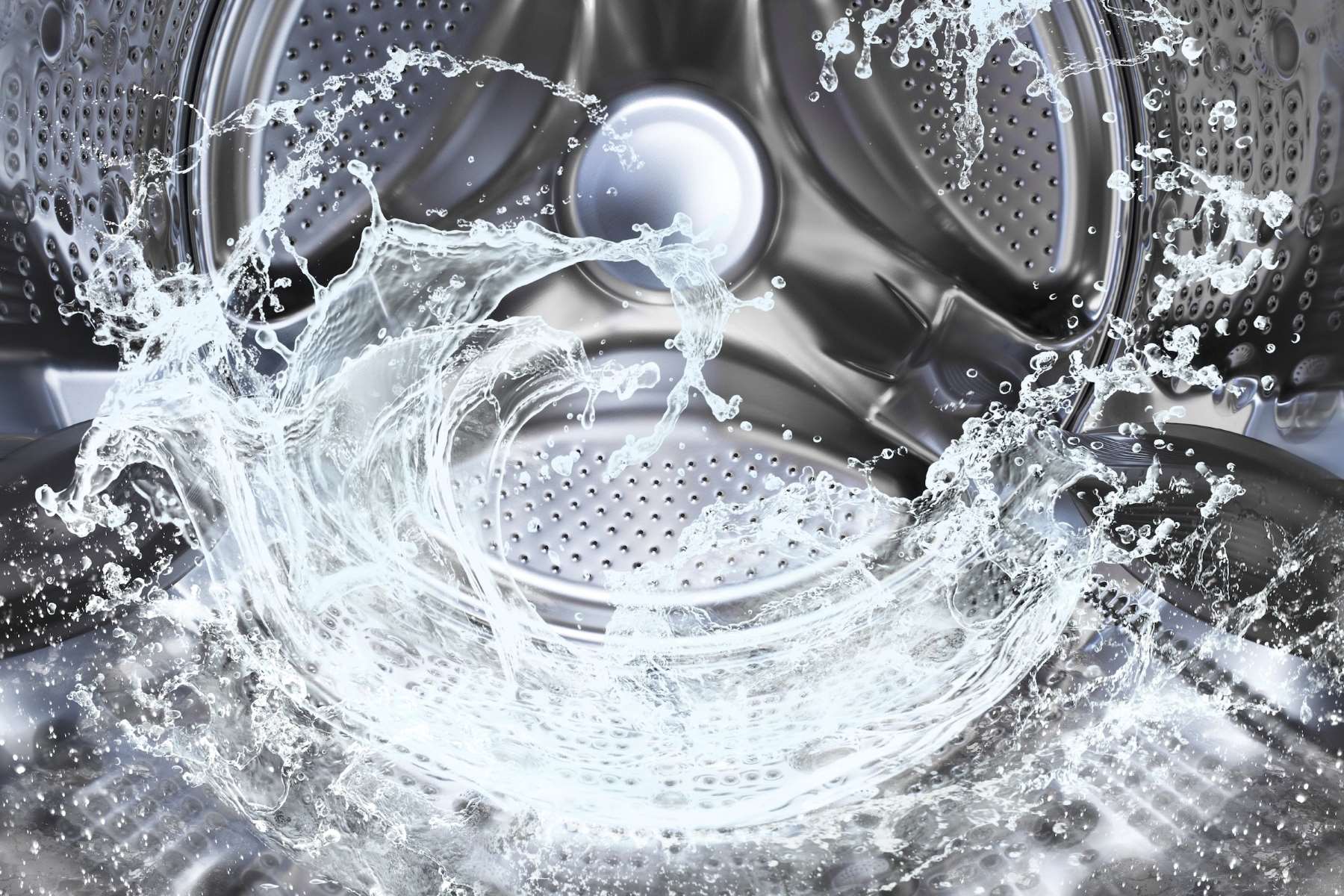
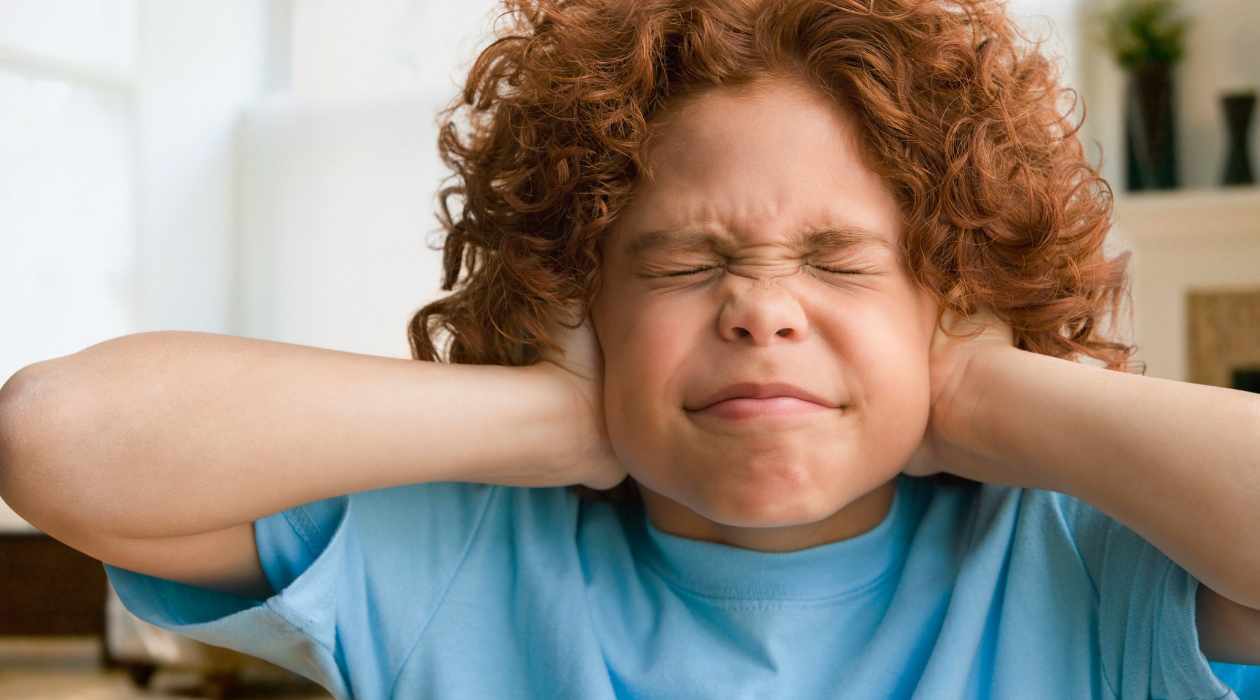
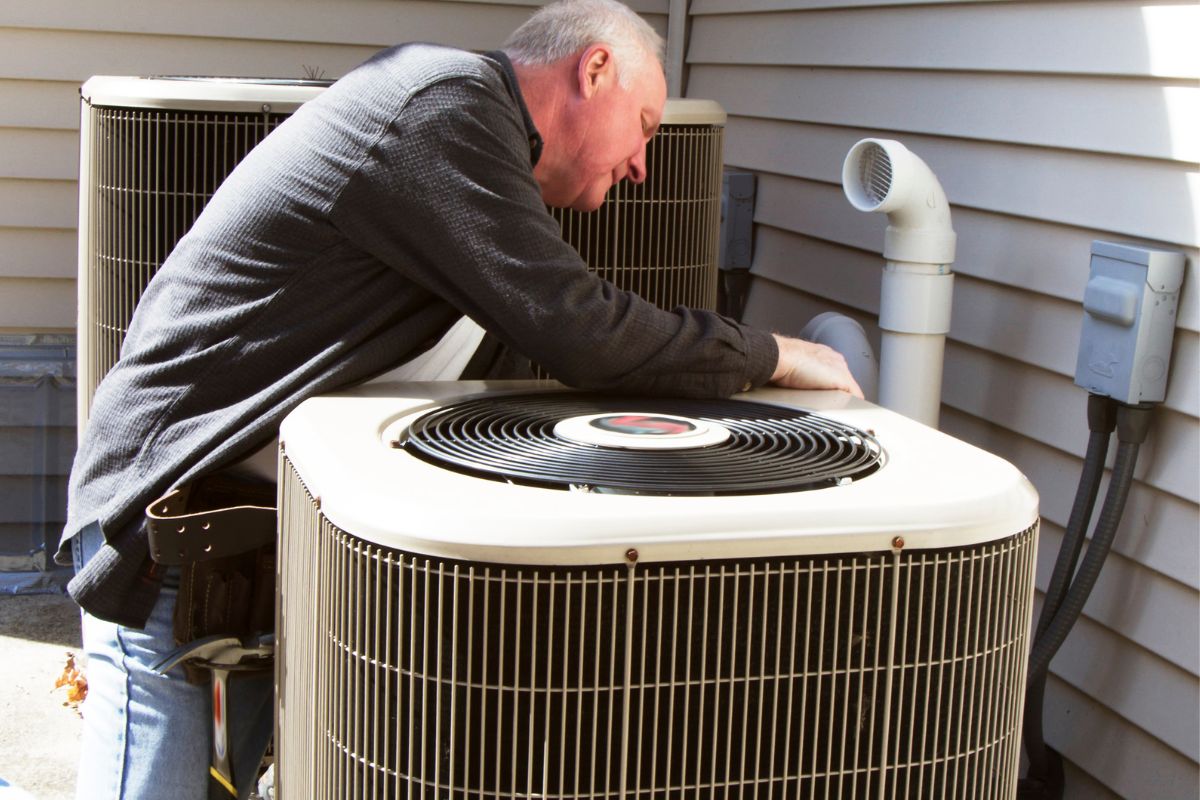
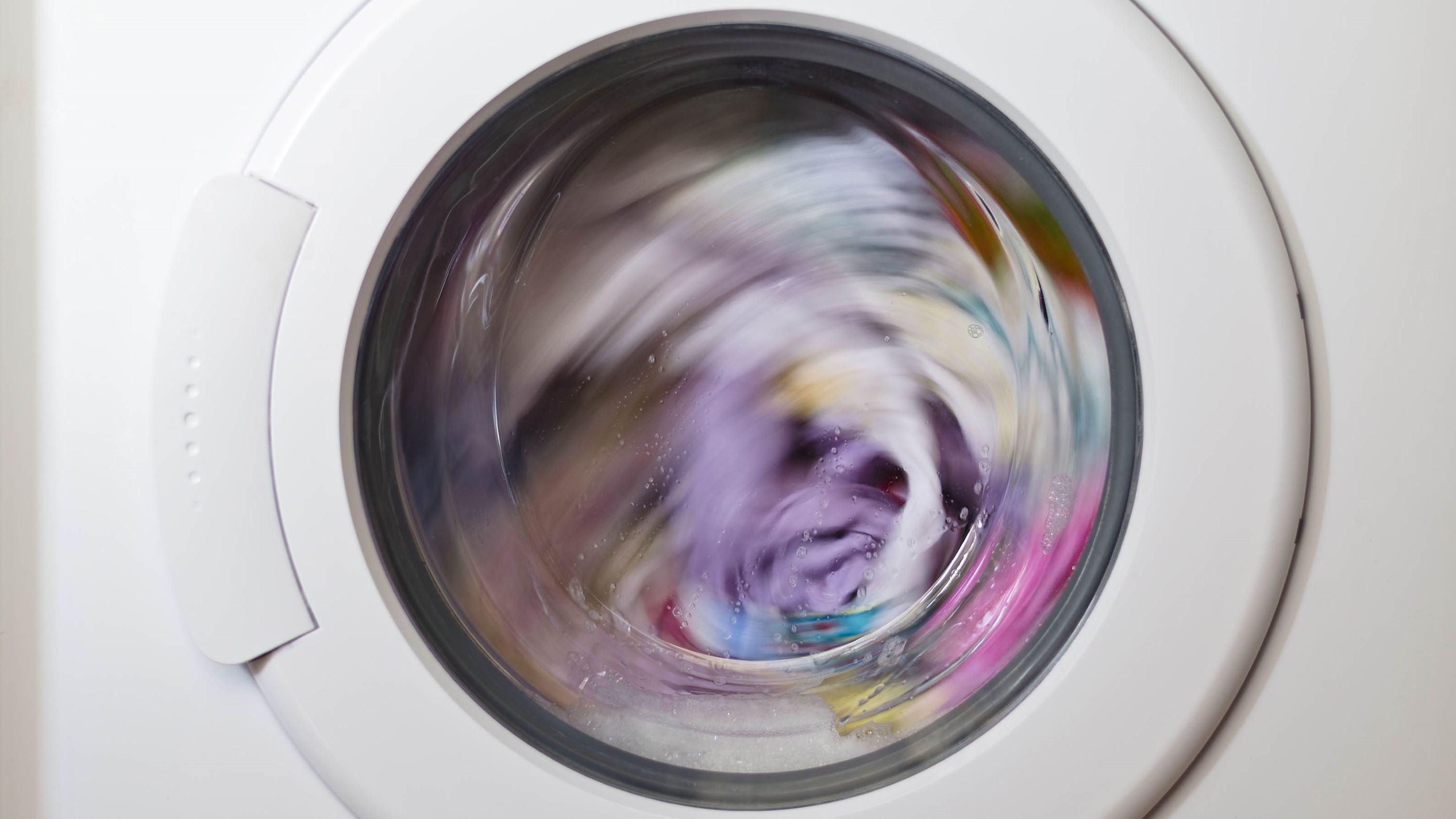
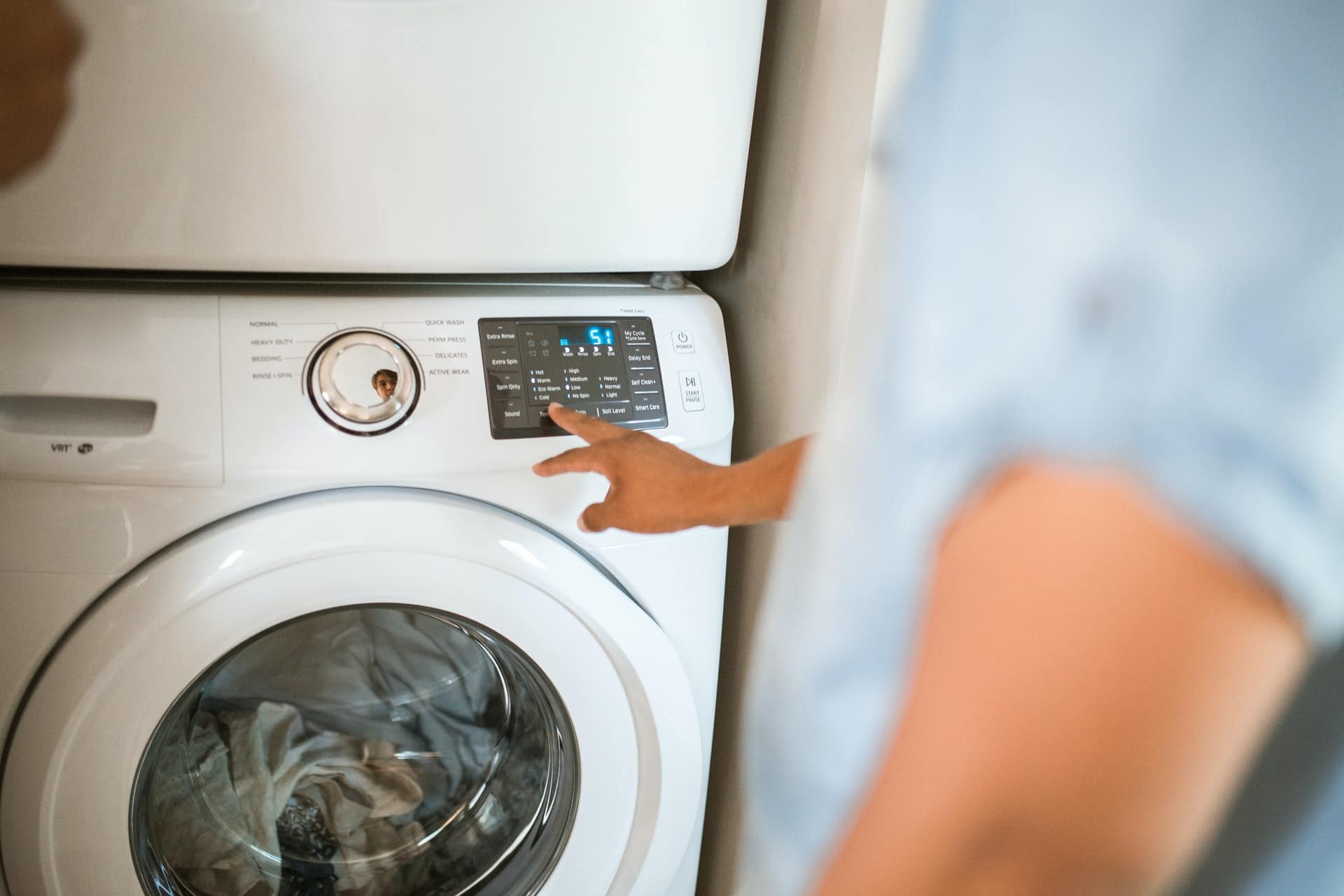

0 thoughts on “Why Is My Washing Machine Making A Loud Noise”